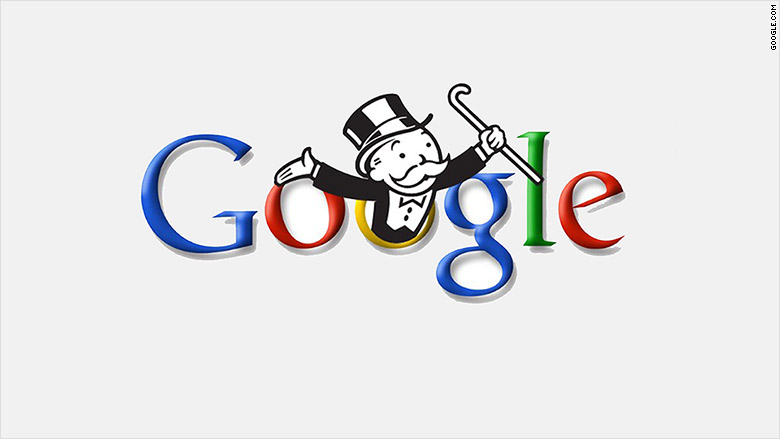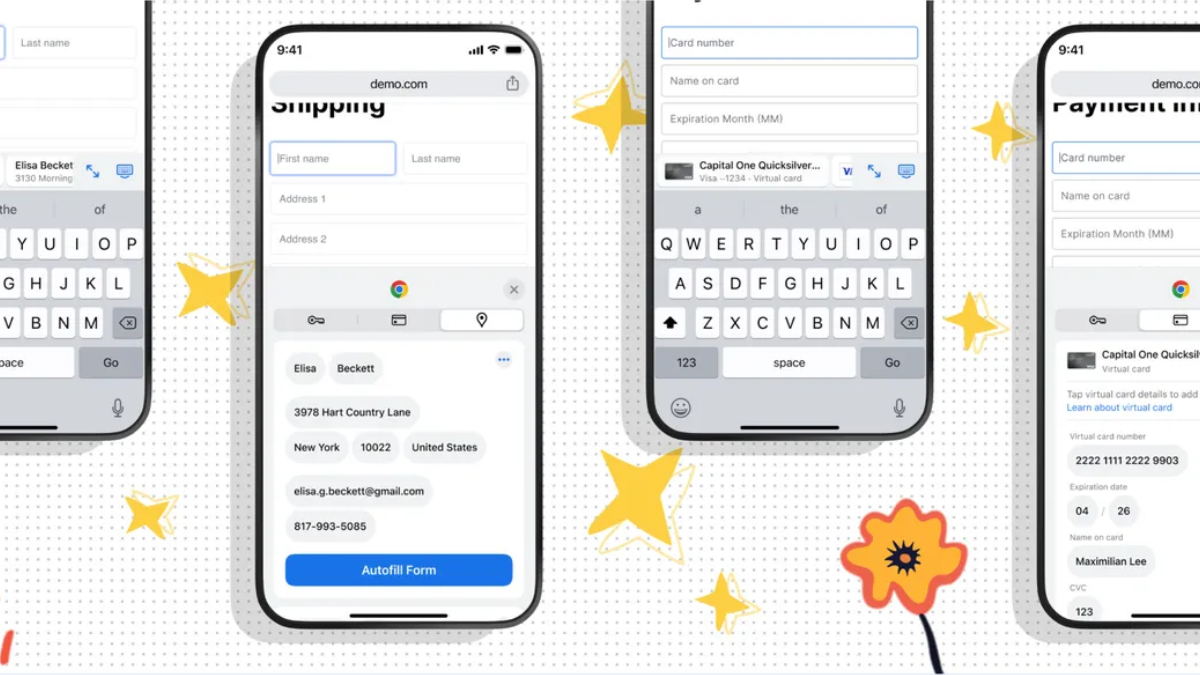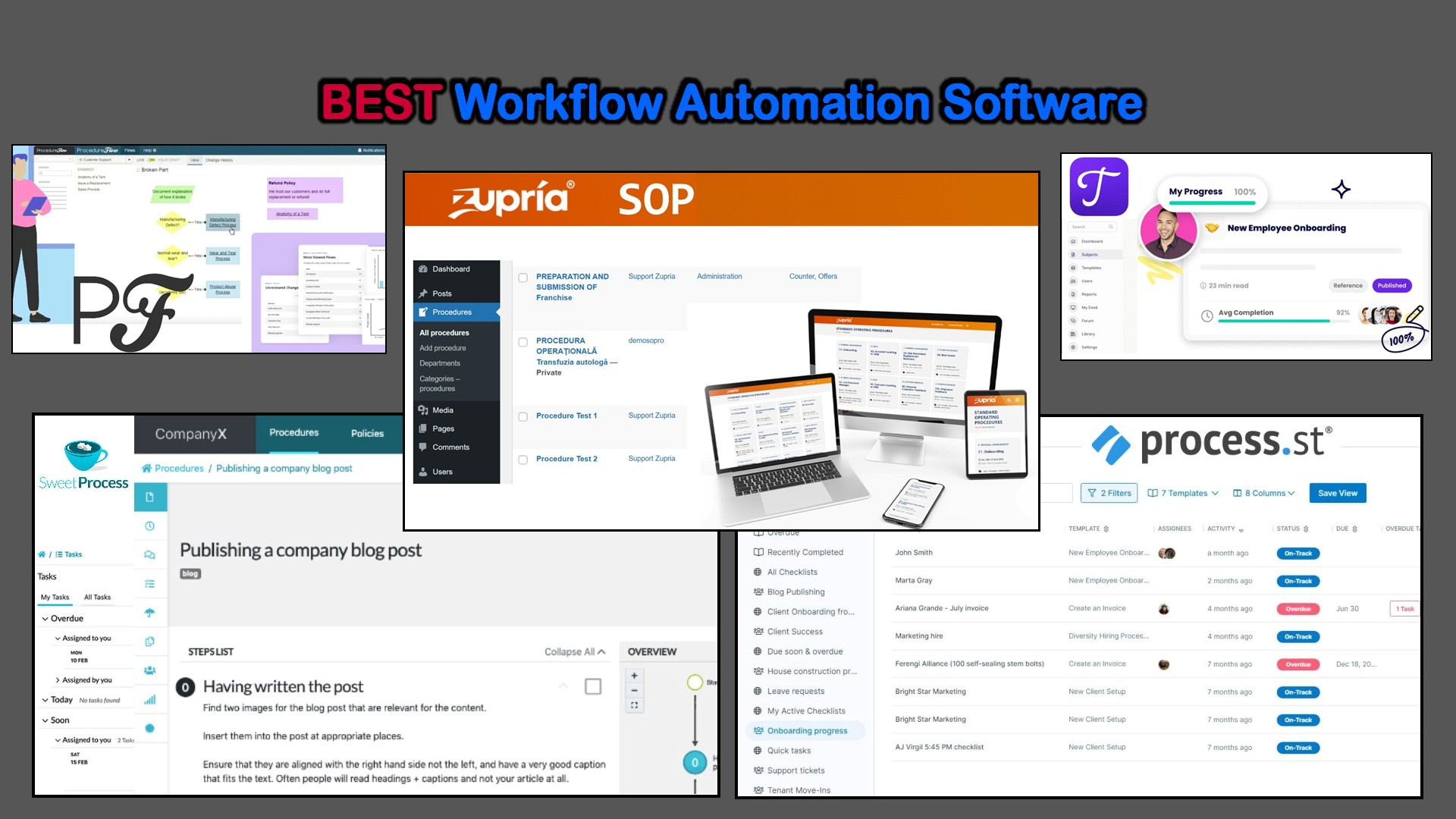As expected, Google is undermining the spirit of their Android settlement with the EU
2 min. read
Published on
Read our disclosure page to find out how can you help MSPoweruser sustain the editorial team Read more

After being convicted of abusing their Android monopoly to bolster their search business, Google agreed to comply with the European Union’s requirement that they make changes in their business practices to restore competition to the market.
While still appealing their conviction, they agreed in the EU to unbundle the Google Play Store and other service apps from the Chrome browser and Google Search app, and offer the first part for a license fee. This would allow other companies to create their own Android distribution without delivering handsets which were uncompetitive due to lacking access to the millions of apps in the Google Play Store.
It seems, however, Google had no intention to actually comply with the spirit of the order, as they set the price of the Google Play Store and associated apps at an unreasonable $40, according to leaked documentation seen by The Verge.
Android OEMs can reduce that price by adding back Google Search and the Chrome browser, meaning in effect Google is extorting companies to maintain the status quo. If they choose to take the Store only they also miss out on ongoing revenue share generated by Google Search on the handsets.
Google is varying the price they charge based on the handset – devices with high DPI screens (above 500 dpi) will have to pay the full $40, 400-500 dpi $20 and below 400 dpi only $10. In some countries, the price can drop to only $2.50, and for tablets, it is a flat $20.
While Google’s machinations would likely abide by the wording of the European Commission direction, it is unlikely that the EC will tolerate an arrangement which does not allow real competition to be restored. Microsoft has in the past learn to regret playing games with the EU, and I look forward to Google learning this lesson the hard way for themselves.









User forum
0 messages